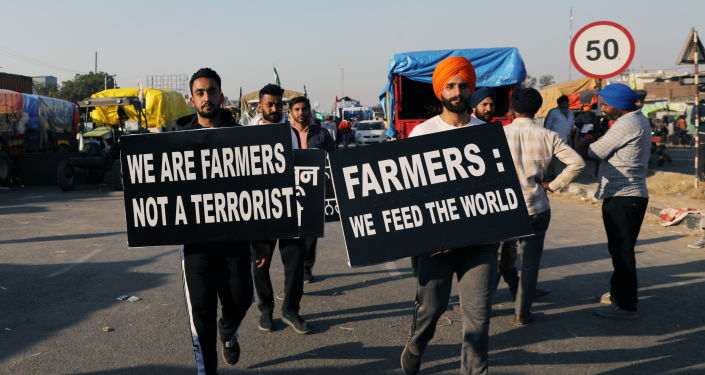Giving birth is among the most transformative experiences in a parent’s lifetime. Furthermore, from the offspring’s perspective, the nurturing relationship between parent and infant profoundly affects the development of the brain systems regulating social behavior. A child’s psychology and behavioral patterns are set between one to eight years of age and therefore a lot of emphasis is laid on proper parenting. The truth, however, is that most of the parenting is either experiential or accidental. There are no internships, courses or certificate programs in parenting.
According to Assocham survey, 72% of the students in India don’t know how to handle pressure and as an outcome India witnesses one of the world’s highest suicide rates among youth. 71% of the students have broken relationships with friends & family.
A certain style of parenting these days is messing up kids, impeding their chances to develop into their selves. We spend a lot of time being very concerned about parents who aren’t involved enough in the lives of their kids and their education or their upbringing but the other end of the spectrum is equally worrisome. There’s a lot of harm going on the other side as well where parents feel a kid can’t be successful unless the parent is protecting and preventing at every turn and hovering over every happening. These parents expect their kids to perform at a level of perfection they were never asked to perform themselves. And then with their kids they spend so much time nudging, cajoling and nagging to be sure they’re not ruining their future or closing door on some hoped-for admission to a tiny handful of colleges that deny almost every applicant. Every piece of homework, every quiz, every activity is a make-or-break moment for this future they have in mind for them. So much so that they absolve them of helping out around the house, and even getting less than enough sleep as long as they’re checking off the items on their checklist.
And these kids, regardless of where they end up after high school, they’re breathless. They’re brittle. They’re a little burned out. They’re a little old before their time, wishing the grown-ups in their lives had said, “What you’ve done is enough, this effort you’ve put forth in childhood is enough.” And they’re withering now under high rates of anxiety and depression and some of them are wondering,” Will this life ever turn out to have been worth it?” Well, parents are pretty sure it’s all worth it. They seem to behave as if their kid’s future will be doomed if they don’t get into one of these tiny set of colleges or careers they have in mind for them. Or maybe, they’re just afraid that their kids won’t go to a school, college or have a future they can brag about to their friends and with stickers on the backs of their cars.
But if you look at what we’ve done, you’ll see that our kids think their worth comes from grades and scores. With our over help, our overprotection, over direction and hand-holding, we deprive our kids of the chance to build self-efficacy, which is a really fundamental tenet of the human psyche, far more important than that self-esteem they get every time we applaud. Self-efficacy is built when one sees that one’s own actions lead to outcomes, not one’s parents’ actions on one’s behalf. So simply put, if our children are to develop self-efficacy, and they must, then they have to do a whole lot more of the thinking, planning, deciding, doing, hoping, coping, trial and error, dreaming and experiencing of life for them.
Does it mean that every kid is hard-working and motivated and doesn’t need a parent’s involvement or interest in their lives, and we should just back off and let go? No.
But when we treat grades and scores and accolades as the purpose of childhood, that’s too narrow a definition of success for our kids. Our kids need us to be a little less obsessed with grades and scores and a whole lot more interested in childhood providing a foundation for their success built on things like love and chores.
The Harvard Grant Study found that professional success in life comes from having done chores as a kid, and the earlier you started the better. A roll-up-your-sleeves- and-pitch-in mindset is what gets you ahead in the workplace and we all know this.
Yet, in the check listed childhood, we absolve our kids of doing the work of chores around the house, and then they end up as young adults in the workplace still waiting for a checklist, but it doesn’t exist, and more importantly, lacking the impulse, the instinct to roll up their sleeves and pitch in and look around and wonder, how can I be useful to my colleagues and my boss?
A second very important finding from the Harvard Grant Study said that happiness in life comes from love, not love of work, love of humans: our spouse, our partner, our friends, our family. So childhood needs to teach our kids how to love, and they can’t love others if they don’t first love themselves, and they won’t love themselves if we can’t offer them unconditional love.
All right, so you’re thinking, chores and love that sounds all well and good, but the colleges want to see top scores and grades and accolades and awards, and maybe they do. The very biggest brand-name schools are asking that of our young adults, but here’s the good news. Contrary to what the college rankings racket would have us believe our children don’t have to go to one of the biggest schools to be happy and successful in life. Look around and we will see that happy and successful people went to an ordinary school and went to a small college no one has heard of.
Our children aren’t bonsai trees. They’re wildflowers of an unknown genre and it’s our job to provide a nourishing environment, to strengthen them through chores and to love them so they can love others and receive love. Their choice of the college, the specialization, the career, that’s up to them. Our job is not to make them become what we would want them to become, but to support them in becoming their glorious selves.
Mrs. Gurbax Rawat is a consecutively elected Councilor and an Ex-Deputy Mayor of Chandigarh.











